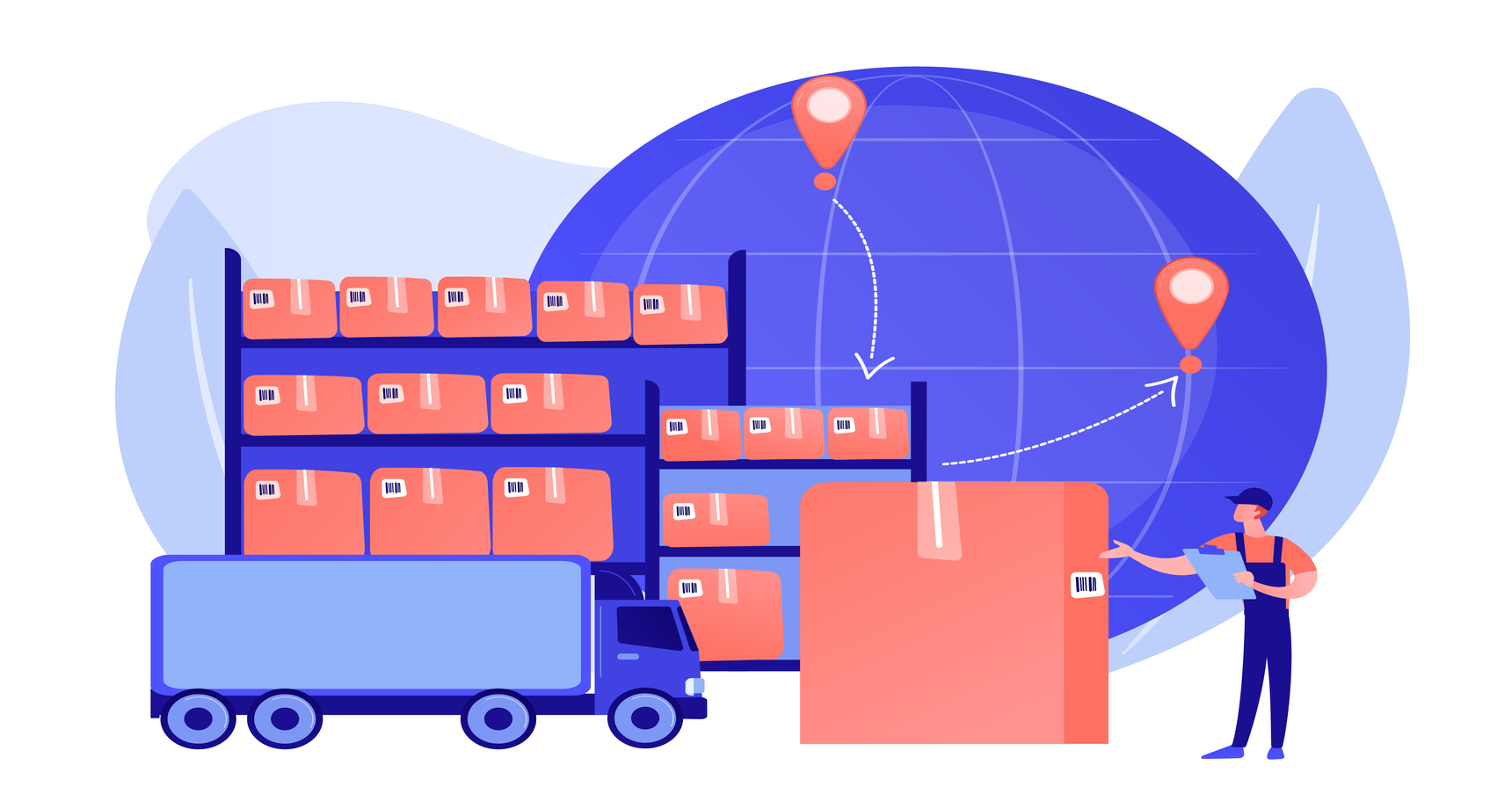The independent grocery store colloquially known as the Kirana store is a vital channel for FMCG companies also forming the bedrock for the economy, and supporting the livelihood of millions of households. Our lives now intertwined with technology have simplified tasks that earlier were cumbersome. Right from ordering food, clothes, and medicines within a click to fintech apps disbursing loans with the least paperwork, it is evident that technology has made our lives comfortable. But, sadly the influence of technology on the B2B FMCG distribution is less. According to a report by Nielsen, over the past decade, India’s 6.6 million network of small grocery stores is growing at a slower pace than the overall consumer market.
A supply chain full of bottlenecks, inefficiency, and inconsistency
The slower pace of the small grocery stores can be blamed for its fragmented market system. About 90 percent of India’s FMCG operates in unorganised channels, which comprises a million individual distributors, and wholesalers who reach over 15 million mom and pop Kirana stores serving millions of Indian consumers. With the rapid growth of e-commerce and modern retail formats, it is likely, that the fragmented or unorganised channels made of small grocery stores and independent distributors, and wholesalers will lose ground. There are several inefficiencies and bottlenecks in the supply chain process originating from small and multiple intermediaries that service the same routes and same retailers, frequently with partially loaded trucks. The distribution system is riddled with manual processes which are slow, inefficient, and inconsistent.
Besides this, there lies a challenge for credit. Small stores are cash strapped leaving them dependent on purchasing goods on credit and eventually keeping a limited range of products as compared to modern retail stores resulting in a shift of shoppers. The increasing channel conflict on pricing general trade, e-commerce, and modern trade lowers the price of products in turn benefiting the end consumer but the pressure on margins on small retailers continues to build up.
In addition to this, the distribution is mired in an inflexible supply chain where the sales plans to delivery routes alter dynamically once or twice a year. This provides no room for growth for agile reallocation of resources and with the growth of modern retail stores, the small grocery stores become burdened with higher costs to serve.
Witnessing the challenges in the supply chain the FMCG companies will attract a digital disruption that will help these companies to track, analyse and improve sales and distribution at these small outlets. They need data for outlet-level information and real-time insights on market trends that can help build their strategy.
‘‘
According to a report by Nielsen, over the past decade, India’s 6.6 million network of small grocery stores is growing at a slower pace than the overall consumer market.
B2B aggregators are bringing in disruption
A majority of the B2B aggregators witnessed that the FMCG distribution space is highly unorganised and a wide gap exists between the company and the channel partners. Aggregator platforms like Udaan, Xpand, and Creando are disrupting the FMCG distribution and changing how Kiranas operated in the past. These new-age ventures are a one-stop solution for providing an entire basket of products within a click and are empowering them through sales training and technology.
Below are how they are disrupting the conventional FMCG distribution:
Direct connectivity: These platforms help connect brands with retailers, and empower them through technology. It provides consulting to kiranas, smaller brands, and FMCG brands in the area of business strategies, sales, and marketing.
Better inventory control: The platforms act as replenishment apps based on sales trends that auto-generate the order for a retailer, and reduce salesmen’s interaction with a retailer. It also provides information on inventory, products, and input on sales and management.
Providing credit: Aware of the fact that small retailers are cash strapped, the platforms can provide credit for buyers and sellers and also offer the facility for doing hassle-free transactions online. They have partnerships with other financial institutions to extend credit facilities on its platform.
Predicting perishables: Perishable items like vegetables or fruits, have a short shelf life but using predictive analytics these platforms can accurately predict the demand for various categories of food and non-food items and source the right supplier.
Fair price: The emergence of e-commerce and most FMCG brands going D2C are attracting consumers with deep-cut discounts and slashed prices, thereby creating channel conflict. The buyers in an offline wholesale market are unsure if the products are sold at the right price. B2B aggregators ensure fair prices, reliability, predictability, and quality. The price is fair for everybody since the retailers are not under the clutches of middlemen making the entire transaction reliable.




